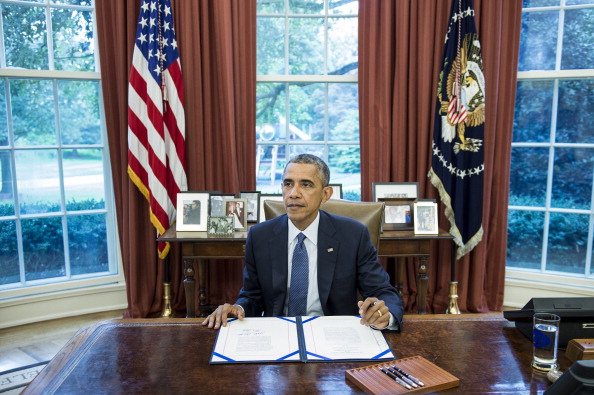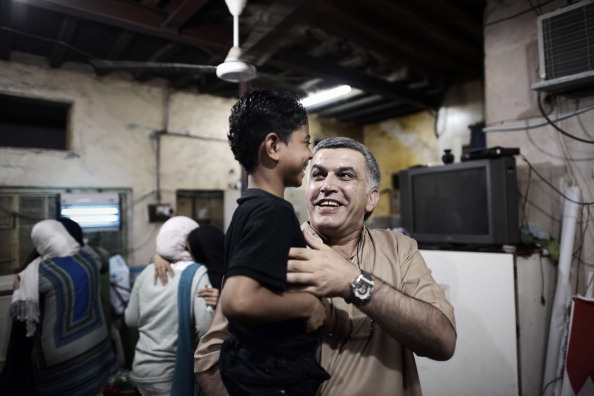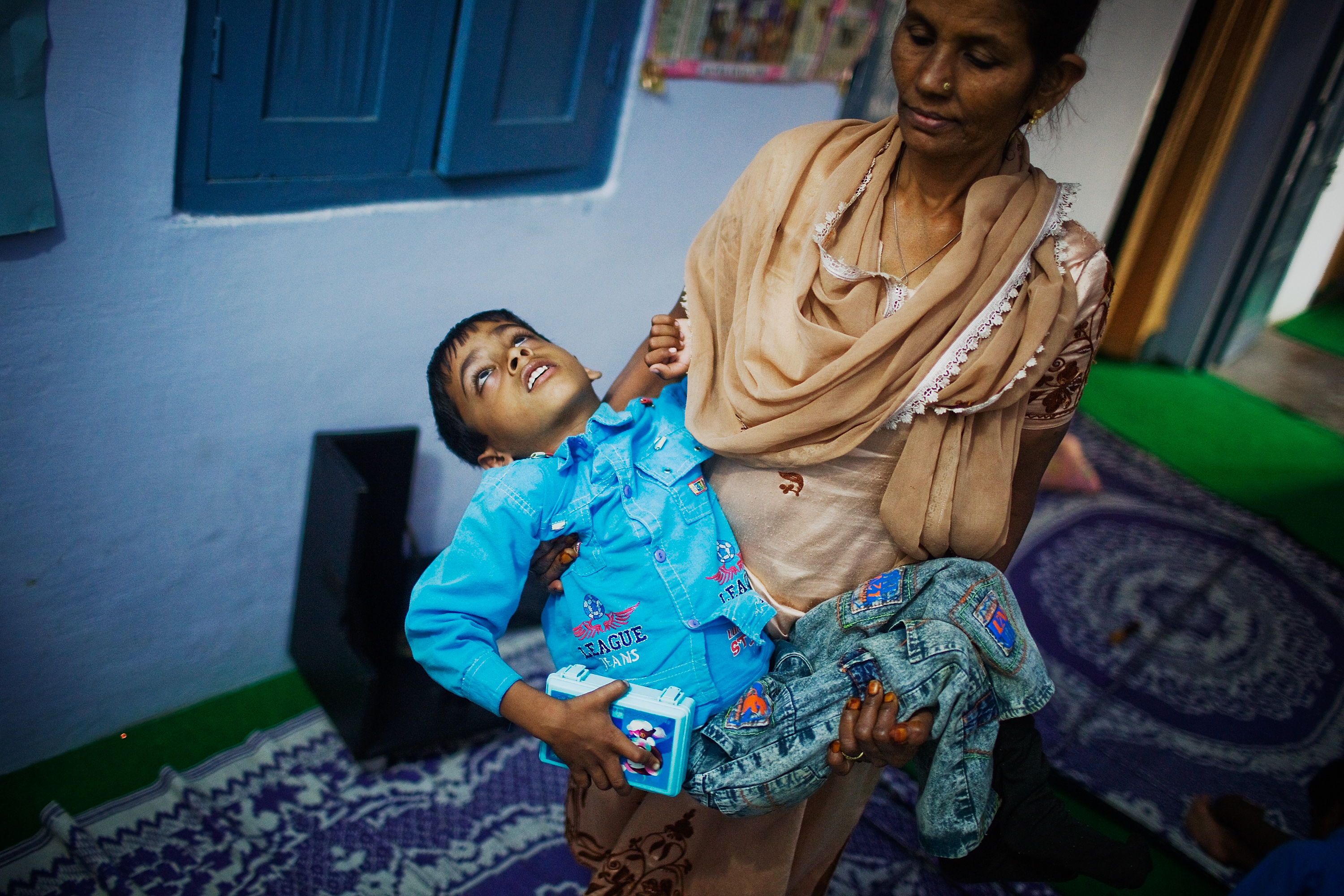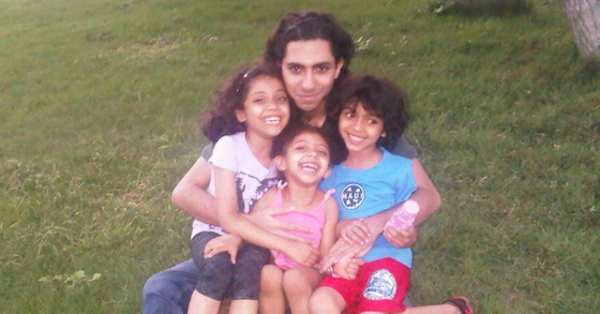
(BRENDAN SMIALOWSKI/AFP/Getty Images)
This blog is part of a series on human rights in the State of the Union address. The United States has an obligation to pursue policies that ensure respect for human rights at home and around the world. Follow along and join the conversation using #SOTUrights.
By Adotei Akwei and Cindy Tsz-nga Ko
On Tuesday January 20, President Obama will have an opportunity to address the nation and underscore the priorities for his administration in 2015. Much of the speech is expected to focus on domestic economic issues but the White House has also indicated that issues such as policing in the United States, immigration reform, closing Guantanamo and violent extremism will also be addressed. Given that a key the underlying theme connecting these issues is human rights, the central question is whether the Obama administration will shape foreign policy that will help build a safer world where rights are respected, protected and fulfilled.
The President’s framing of key human rights concerns in this evening’s State of the Union address may be an indication of whether or not the Obama administration will use 2015 to champion human rights, as so many hoped, or whether he will pursue misguided policies that sideline human rights in the name of security.
Two key areas that President Obama should highlight are the absolutely essential role human rights defenders play in every society and the importance of not only protecting civil society but creating the conditions in which it can flourish – from freeing Prisoners of Conscience, to ensuring the rights to freedom of expression, association and assembly are upheld.
2014 saw governments across the globe continue to clamp down on political space, stifle freedom of expression and association and engage in other authoritarian practices that violate international human rights standards and increasingly alienate their citizens.
In Bahrain, a key ally of the United States, authorities continued to harass and detain human rights activists including Nabeel Rajab, who was simply reporting that some members of the armed forces had joined the Islamic State armed group in Iraq.

Nabeel Rajab carries the son of Abdul Aziz al-Abbar, a Bahraini man who died from his wounds on February 23 after he was shot during clashes between police and protesters (Photo Credit: Mohammed Al-Shaikh/AFP/Getty Images).
In India, survivors of the 1984 Bhopal disaster are still on the frontlines struggling for accountability. Three decades ago, toxic gas containing deadly chemicals leaked from a pesticide plant in Bhopal immediately killing as many as 10,000 people. To date, more than 20,000 people have died and Bhopalis are dealing with contaminated land, air and water. As Obama opens a new chapter in U.S. relations with India, he must issue a joint statement with Indian Prime Minister Modi, committing to clean-up, accountability, and ongoing medical assistance.

8 year old Annan is carried by Nafiza Bee co-ordinator of the Chingari Trust clinic in Bhopal, India. Twenty-five years after an explosion causing a mass gas leak, in the Union Carbide factory in Bhopal, killed at least eight thousand people. A new generation is growing up sick, disabled and struggling for justice. (Photo by Daniel Berehulak/Getty Images)
In Ethiopia, members of the opposition, journalists and bloggers continue to be detained, harassed and hounded into exile as part of the government’s effort to stifle all dissent and undermine the legitimacy of the work of human rights activists and human rights organizations. Prisoner of Conscience Eskinder Nega is just one among many who is behind bars on spurious “terrorism” offenses, simply for daring to criticize his government and champion freedom of expression.
The President must also speak for Prisoners of Conscience who are imprisoned by key strategic allies like Saudi Arabia. Raif Badawi is a Saudi blogger who was sentenced to 10 years imprisonment and 1,000 lashes for creating and posting to his site, Saudi Arabian liberals. Raif is due to be flogged publicly every week, and his lawyer Waleed Abu-Khair is also behind bars for his work as a human rights defender.

Raif Badawi was sentenced to 10 years in jail and 1,000 lashes after starting a website for social and political debate.
President Obama must challenge the government of China to release Nobel prize Laureate Liu Xiaobo, his wife Liu Xia and others; he must call on the government of Indonesia to release Filep Karma; and he must call on the government of Viet Nam to release Father Nguyen Van Ly.
President Obama may not be able to name all of the Prisoners of Conscience around the world but he can send them and their captors a message: that they have not been forgotten and the United States will continue to fight for them and for their human rights. The same energy that mobilized millions of people around the world in support of freedom of expression after the Charlie Hebdo attack must be mobilized to defend freedom of expression around the world.
I don't under stand the era that we live in it all what we do is talk and more talk in the main time all the good humen life that dies every day by the hundred from the governments up used are end the world and nothing happening to force the issue only talk sad realy sad